Cara De Silva alerted us to this compelling piece by David Brooks in the New York times. It’s a short profile about Philip Leakey, son of famed anthropologists Louis and Mary Leakey. We love the description of where he lives (though couldn’t find a photo of the “mountaintop tent”), his numerous projects, many of them experimental, and the central operating principle of this life… Here’s an excerpt, which reads sort of like an adult’s bedtime story:
I met him at the remote mountain camp where he now lives, a bumpy 4-hour ride south of Nairobi near the Rift Valley. Leakey and his wife Katy… have created an enterprise called the Leakey Collection, which employs up to 1,200 of the local Maasai, and sells designer jewelry and household items around the world.
The Leakeys live in a mountaintop tent. Their kitchen and dining room is a lean-to with endless views across the valley. The workers sit out under the trees gossiping and making jewelry. Getting a tour of the facilities is like walking through “Swiss Family Robinson” or “Dr. Dolittle.”
Philip has experiments running up and down the mountainside. He’s trying to build an irrigation system that doubles as a tilapia farm. He’s trying to graft fruit trees onto native trees so they can survive in rocky soil. He’s completing a pit to turn cow manure into electricity and plans to build a micro-hyrdroelectric generator in a local stream.
Leakey and his workers devise and build their own lathes and saws, tough enough to carve into the hard acacia wood. They’re inventing their own dyes for the Leakey Collection’s Zulugrass jewelry, planning to use Marula trees to make body lotion, designing cement beehives to foil the honey badgers. They have also started a midwife training program and a women’s health initiative.
Philip guides you like an eager kid at his own personal science fair, pausing to scratch into the earth where Iron Age settlers once built a forge. He says that about one in seven of his experiments pans out, noting there is no such thing as a free education.
Some people center their lives around money or status or community or service to God, but this seems to be a learning-centered life, where little bits of practical knowledge are the daily currency, where the main vocation is to be preoccupied with some exciting little project or maybe a dozen.
Some people specialize, and certainly the modern economy encourages that. But there are still people, even if only out in the African wilderness, with a wandering curiosity, alighting on every interesting part of their environment.
The late Richard Holbrooke used to give the essential piece of advice for a question-driven life: Know something about something. Don’t just present your wonderful self to the world. Constantly amass knowledge and offer it around.

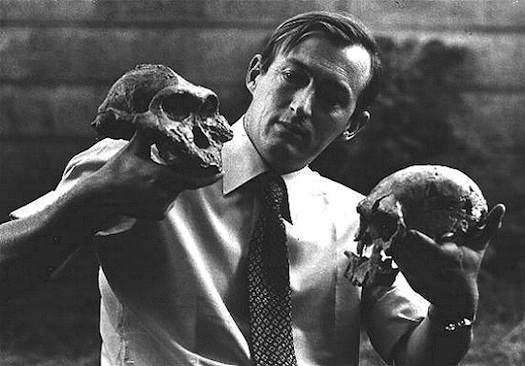
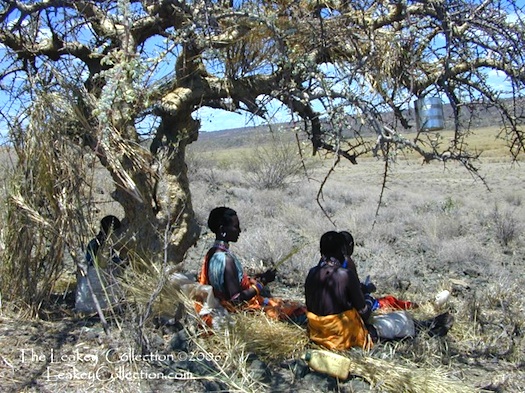
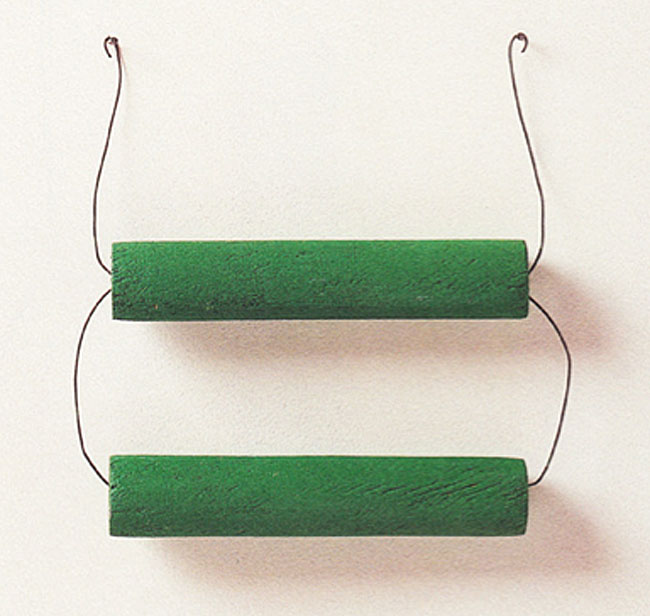
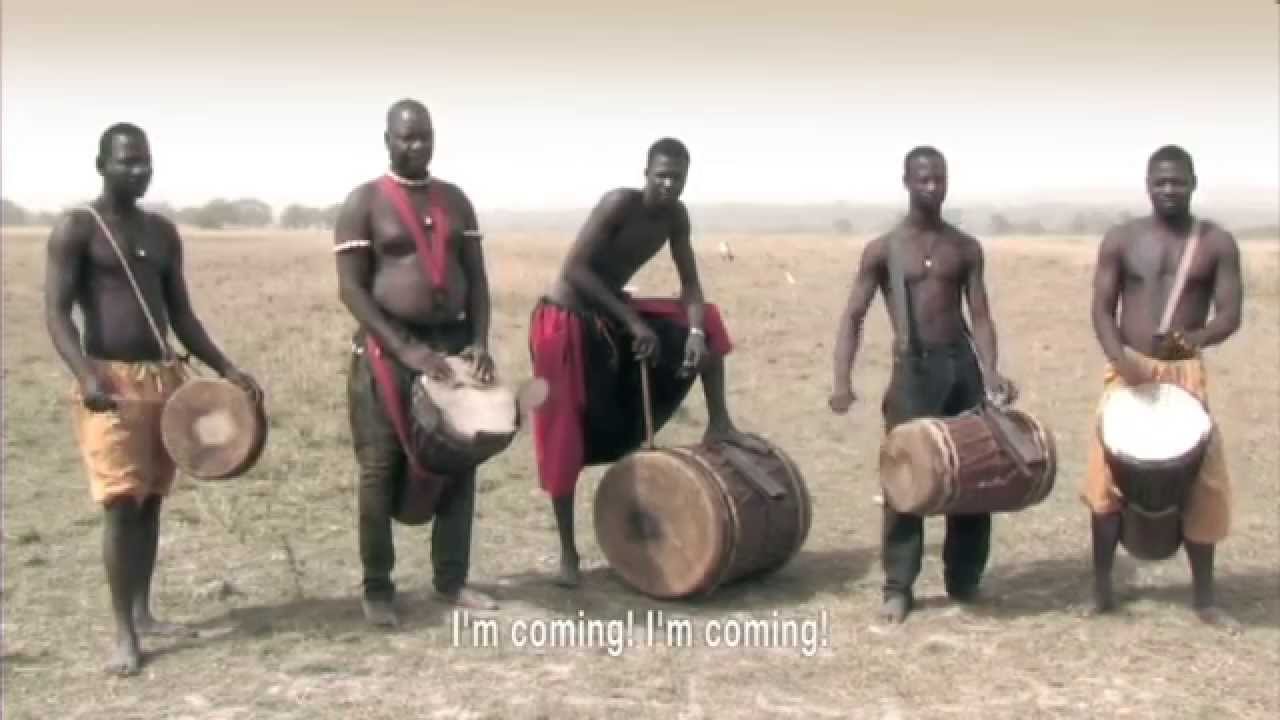
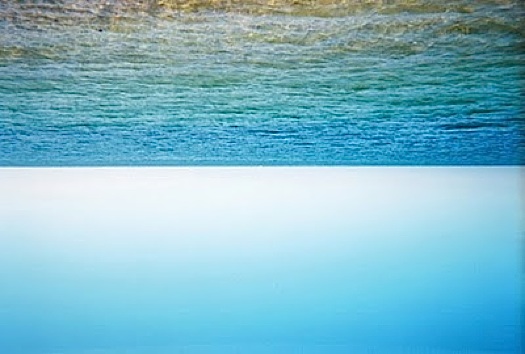
there are still people, even if only out in the African wilderness, with a wandering curiosity
They’re not just “out there”. They’re “in here” as well.
And I suspect quite a few of them read “The Improvised Life”.